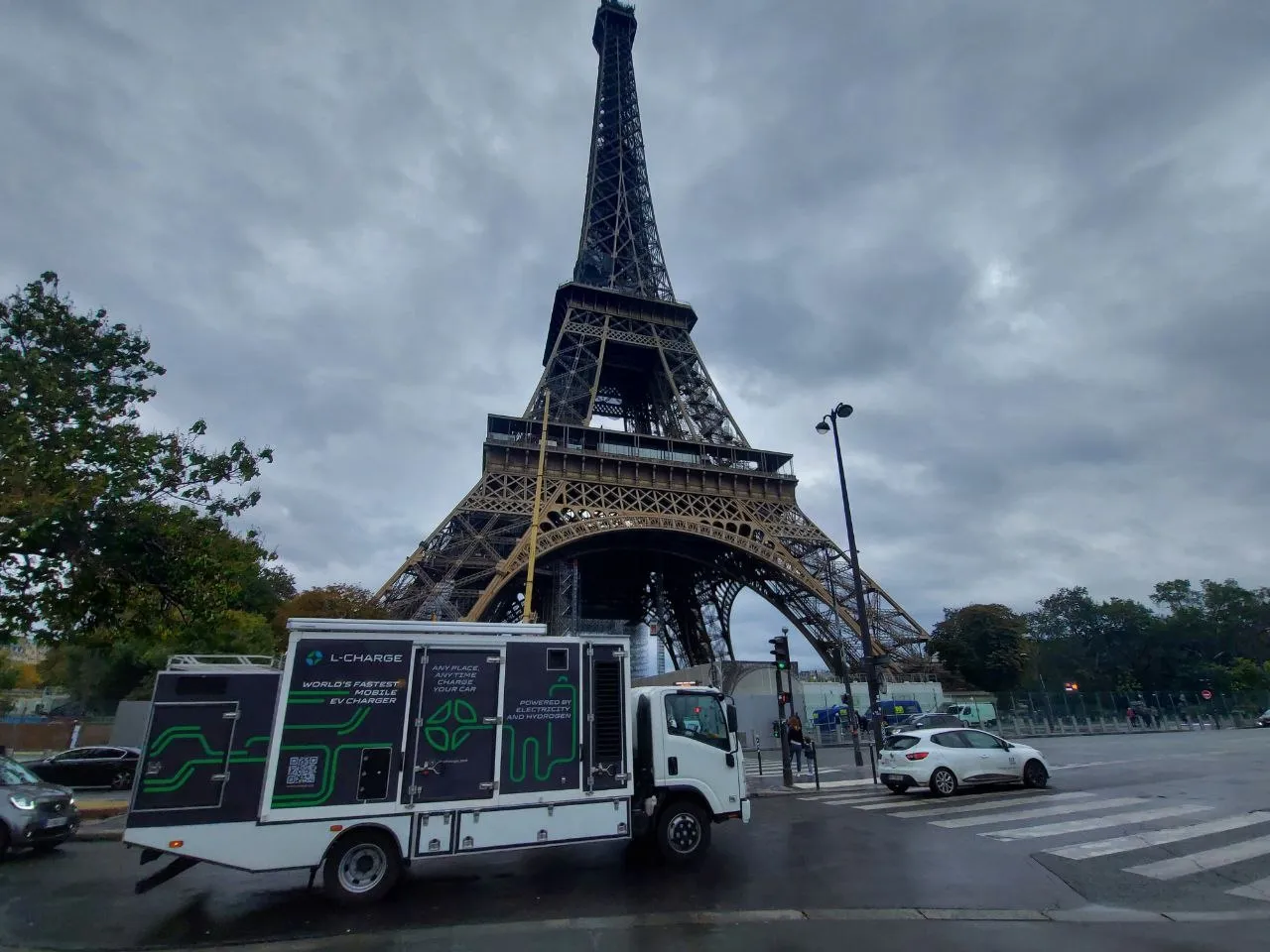A new report prepared for the Low Carbon Vehicle Partnership (LowCVP) by Ricardo indicates that a wide range of innovative technologies can cut carbon emissions from buses and provide a short-term payback at current fuel prices and subsidy levels. The aim of the LowCVP study was to identify a range of low carbon fuels and technologies which can cost-effectively reduce well-to-wheel CO2 emissions for urban buses in the UK. The report developed technology roadmaps to illustrate when these technologies are lik
July 4, 2013
Read time: 2 mins
A new report prepared for the Low Carbon Vehicle Partnership (LowCVP) by 5606 Ricardo UK indicates that a wide range of innovative technologies can cut carbon emissions from buses and provide a short-term payback at current fuel prices and subsidy levels.
The aim of the LowCVP study was to identify a range of low carbon fuels and technologies which can cost-effectively reduce well-to-wheel CO2 emissions for urban buses in the UK. The report developed technology roadmaps to illustrate when these technologies are likely to be ready for deployment into the bus market, focusing on the timescales 2012-2020 and 2020-2050. The study also examined the wider role of the selected fuels and technologies for decarbonising heavy goods vehicles.
The report focuses on a variety of promising vehicle and powertrain technologies and a range of alternative fuels including compressed natural gas, biomethane, hydrotreated vegetable oil, second generation biodiesel and hydrogen.
The study confirmed a number of technologies such as full electrical hybrid with the potential to make very significant improvements of over 30 per cent to bus CO2 emissions, but showed that the most technically effective technologies can have high investment costs with payback periods as long as 20 years – and hence intervention in the form of subsidies or regulation is required to encourage their implementation.
The study also identified several technologies, such as mild hybrid and flywheel hybrid for which the emission benefit was slightly smaller, but still significant at up to 20 percent, and with payback periods of less than four years - which could be commercially feasible without subsidy.
In the area of fuels, the study showed that the use of biofuels can give significant reductions in well-to-wheels CO2 emissions. Biomethane could be particularly attractive as a drop-in fuel to replace fossil derived natural gas. However, available subsidies or incentives, the economics associated with developing an adequate infrastructure, and the price of the fuel itself will determine the rate of adoption.
Overall the study indicates that significant improvements in bus CO2 can be achieved in the medium to long term through development, incentivisation or regulation and implementation of new vehicle technologies and fuels.
The aim of the LowCVP study was to identify a range of low carbon fuels and technologies which can cost-effectively reduce well-to-wheel CO2 emissions for urban buses in the UK. The report developed technology roadmaps to illustrate when these technologies are likely to be ready for deployment into the bus market, focusing on the timescales 2012-2020 and 2020-2050. The study also examined the wider role of the selected fuels and technologies for decarbonising heavy goods vehicles.
The report focuses on a variety of promising vehicle and powertrain technologies and a range of alternative fuels including compressed natural gas, biomethane, hydrotreated vegetable oil, second generation biodiesel and hydrogen.
The study confirmed a number of technologies such as full electrical hybrid with the potential to make very significant improvements of over 30 per cent to bus CO2 emissions, but showed that the most technically effective technologies can have high investment costs with payback periods as long as 20 years – and hence intervention in the form of subsidies or regulation is required to encourage their implementation.
The study also identified several technologies, such as mild hybrid and flywheel hybrid for which the emission benefit was slightly smaller, but still significant at up to 20 percent, and with payback periods of less than four years - which could be commercially feasible without subsidy.
In the area of fuels, the study showed that the use of biofuels can give significant reductions in well-to-wheels CO2 emissions. Biomethane could be particularly attractive as a drop-in fuel to replace fossil derived natural gas. However, available subsidies or incentives, the economics associated with developing an adequate infrastructure, and the price of the fuel itself will determine the rate of adoption.
Overall the study indicates that significant improvements in bus CO2 can be achieved in the medium to long term through development, incentivisation or regulation and implementation of new vehicle technologies and fuels.







